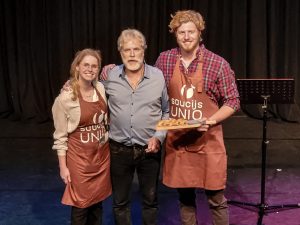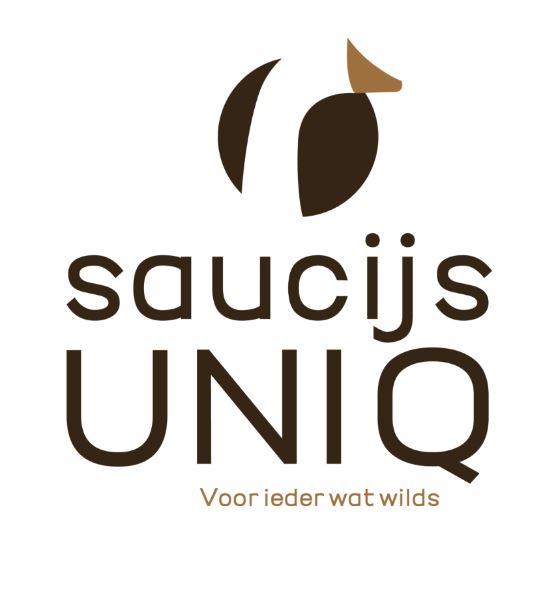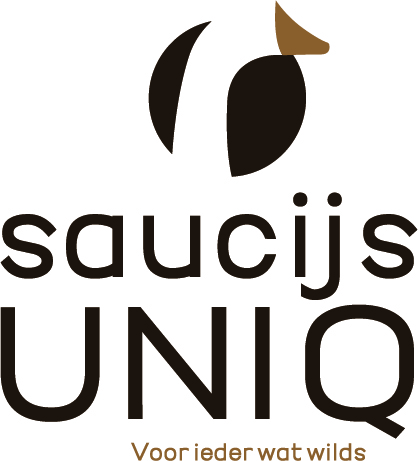Four times impact
Why Sustainable?
Natural environment
Wild geese live in their natural habitat and are not kept in cages or on farms. As a result, they have more freedom of movement and eat natural food, which is better for their health and well-being.
Ecosystem
Wild geese are part of the local ecosystem and their population is regulated by natural processes, such as predation and food scarcity. Managing the population through hunting can help balance the population and reduce damage to agricultural crops.
Less environmental impact
Hunting wild geese generally has less environmental impact than raising cattle in intensive livestock production. Producing meat from intensive livestock production often requires large amounts of water and land, and releases greenhouse gases.
Regional food chain
Consuming wild goose meat can help promote local food chains and support local hunting traditions.
The problem
Together toward a sustainable supply chain
Sustainability doesn't just have to be meatless, at Saucijs Uniq we believe there is a middle solution that can keep today's consumers happy in their meat needs while not causing additional emissions.
Because of the factors mentioned above, wild goose meat can be a more sustainable option than meat from intensive livestock production. However, it is important here to ensure that the game is managed and extracted in a responsible and sustainable manner so that the population can be maintained in the long term.
Currently, however, we see an overpopulation of geese present in the Netherlands. The overpopulation of geese in the Netherlands has increased dramatically in recent decades and is seen as a major problem. The number of geese in the Netherlands has greatly increased due to changes in land use, climate change
and protected statuses.

The overpopulation of geese results in damage to agricultural crops and natural areas. The Dutch government estimates that wild geese cause about 50 million euros of damage annually to these agricultural crops such as grassland, corn and grain. In addition, wild geese can damage natural areas and grasslands, and can endanger aircraft when they take off or land at nearby airports.
The wild goose meat obtained during hunting is usually processed and sold as food. There are several companies in the Netherlands that specialize in preparing and selling game meat, including geese. However, hunters are still reluctant to hunt the geese. And that is because there is simply not enough demand for wild goose meat. Hunters don't want to throw away too much meat, so they are being held back from addressing the long-standing problem.
The processing of game meat, such as geese, is usually done by licensed game processors and butchers who meet applicable food safety regulations. The meat is inspected and can only be processed and sold if it meets established food safety and traceability requirements.
Eating wild meat, such as geese, is considered sustainable and animal-friendly by Saucijs UNIQ because the meat comes from animals that have lived in the wild and had a natural diet.
Consuming the meat thus uses a natural resource and avoids breeding additional animals for the meat industry. Moreover, it contributes to reducing food waste and creating a circular economy, using as much of the available natural resources as possible. Extracting animal protein from circular systems (residual streams) contributes to the protein transition.
This aligns with some Sustainable Development Goals through the sustainable management and efficient use of natural resources: the geese. Consuming wild goose meat is therefore a sustainable and responsible choice that can help reduce the food surplus.

Collective approach
Against waste
We talk more and more about sustainability and greener living, but in doing so we often forget to consider the amount of food we throw away.
One-third of global greenhouse gas emissions come from our food systems. This includes agricultural production, processing, transportation and waste disposal. One way to reduce this is to reduce food waste.
Worldwide, one-third of food is now wasted. In the Netherlands, this is about 2 billion kilograms aka 2.4 million tons of food annually.
Saucijs UNIQ is also happy to help reduce this food surplus. Our product, the goose borrelbites, are from sustainable and local goose meat. Meat that would otherwise be thrown away or destroyed and thus adds to that mountain of food that is already being wasted. By incorporating this meat into products, we are doing our part to help reduce food waste.
Sources used:
Foundation Together Against Food Waste - Why Together Against Food Waste? (2022), from this source
Staatsbosbeheer - Geese belong to the Netherlands, from this source
Fidelity - Wildlife has only a small share of nitrogen emissions (2021), from this source


